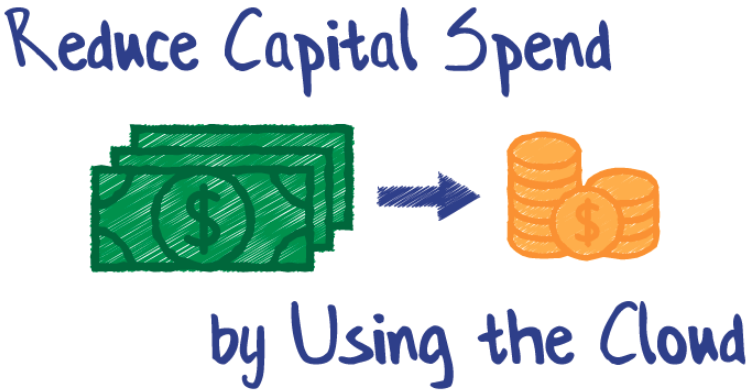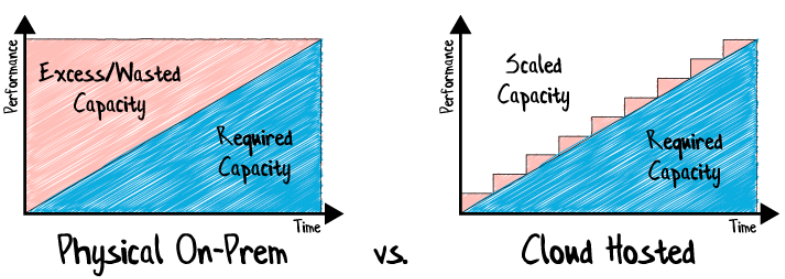AJ Piscitelli, PMP
Project Manager | ERP Solutions Provider | Cloud Architect

As we start to get used to the new normal of operating under a global pandemic, a lot of you may be looking at those long-term improvement projects, wondering how to get started. The costs associated with this health crisis keep coming and may have drained your available capital to improve your infrastructure. Even those of you who have been operating during the downturn may be concerned about spending your cash reserves on updated equipment. So, does this mean you should put off upgrading?
No, of course not.
Keeping your hardware and software up to date is pivotal to keeping your long-term costs low. System downtime associated with aging hardware or outdated software can easily turn into production shutdowns, which have a massive impact on your bottom line. As with anything, a little pain now to improve things will prevent a larger pain down the road.
But how do we improve our infrastructure without spending a ton of cash?
Spreading out costs
The ability to eliminate large capital expenditures and spread technology costs over time has existed for well over a decade. Public cloud computing companies provide the ability to pay for server use over time, instead of spending capital on new hardware and software. In any economic slowdown, cash is king, and spreading IT costs over time keeps more of it in the bank.

Taxes
Moving capital expenditures to operational expenses, or CapEx to OpEx, has some other benefits too. Most capital purchases must be amortized over years to gain the tax benefits of the purchase. Granted, there are schedule 179 deductions, but you may have already used up your limit on other purchases, or otherwise may not be eligible for the deduction. Having your IT costs as an operational expense can have a greater impact on your tax deductions.
Scalability

When purchasing new physical server hardware, most plan on at least 5 years of useful life. Knowing that server needs will grow and expand as time goes on, most purchase hardware that is above and beyond what is needed to allow for growth. For those of you who are not in the IT field, this is like a couple who is expecting their first child buying an SUV or minivan because they plan on having a few more children. While this is a great strategy for long-term planning, the extra performance that was paid for is wasted while it is not being used.
Another benefit of using the cloud to host your infrastructure is scalability. Most cloud companies have a “pay for what you use” model. This means that you pay for only those resources that you consume on the cloud. As your company grows, you can easily add servers and increase performance. While you will pay more for the increased usage as you grow, you are not paying for capacity you are not using either. Ultimately, it is a more efficient approach.
Reduced redundancy requirements
Acquiring new hardware often requires obtaining backup hardware to keep the infrastructure running in case of failure. This requirement increases, potentially doubling the capital spend on new hardware. Most cloud providers have this redundancy built in. By having such a large amount of server hardware to be available, cloud providers have excess capacity to move workloads around when a specific piece of hardware fails.

Should we use the cloud?
If you are starting up a brand-new company, you should seriously consider it. Cash goes quick when starting up and having low monthly payments for hardware is much better than a large upfront expenditure. Additionally, as a new company, you probably do not know what all your requirements will be. Running in the cloud gives you the flexibility to add new hardware and adjust performance as you learn what is needed for your company.
If you are in a position where your existing hardware is aging, or you are looking to expand with new hardware, then I highly suggest that you evaluate moving part of your workloads up to the cloud. Most cloud providers have solutions to make this transition seamless and having some offsite infrastructure can be beneficial for disaster recovery purposes.
Conclusion
While operating under this global pandemic, it is important to keep costs low and cash reserves high. Moving to the cloud provides many benefits for both new and existing companies and keeps extra cash in the bank. I encourage all of you to investigate using public cloud resources with your operation. Reach out to me if you would like to discuss this topic more or to get started setting up your cloud infrastructure.
